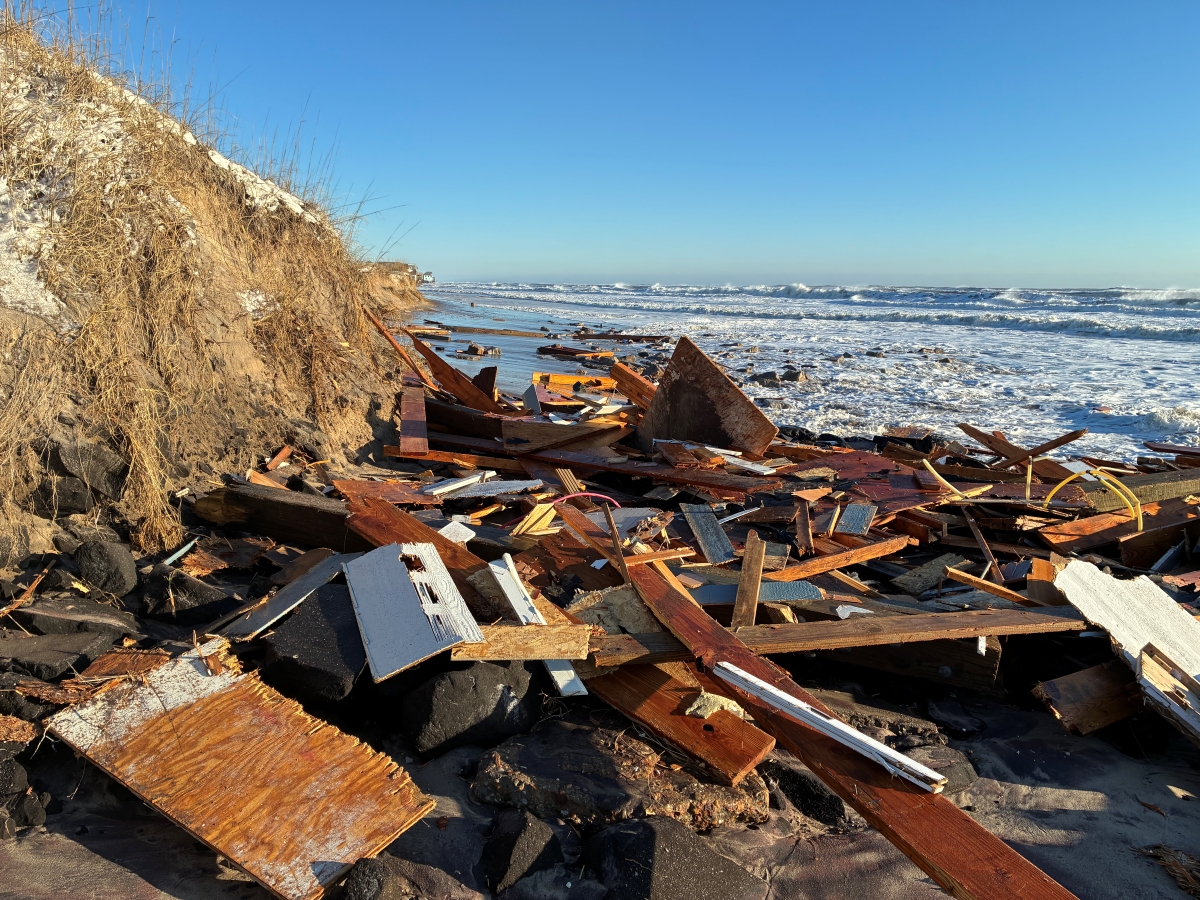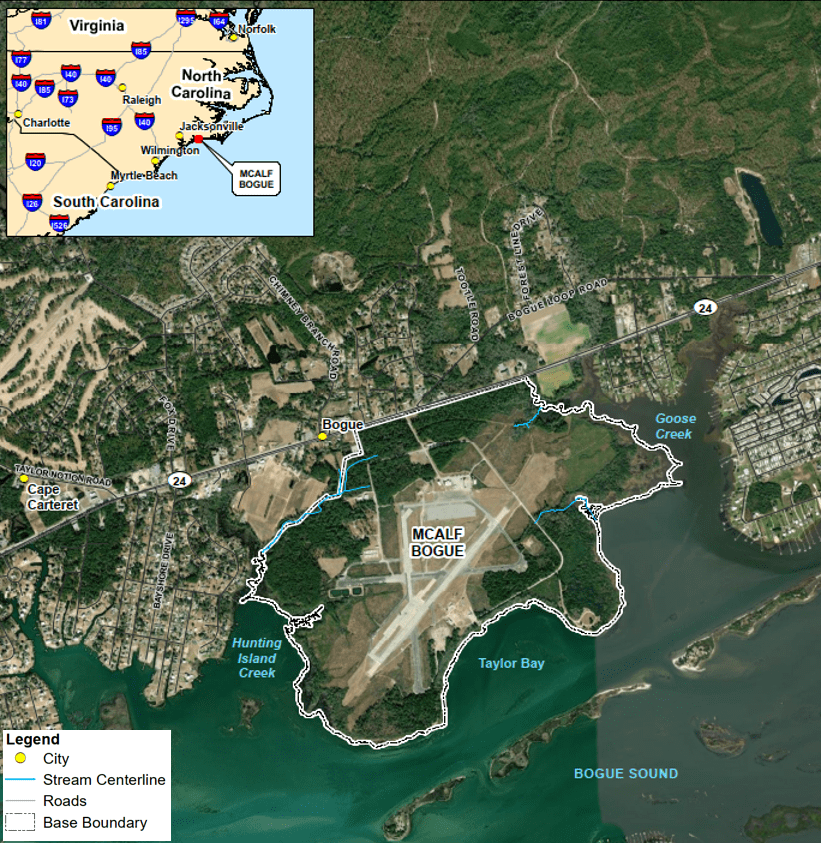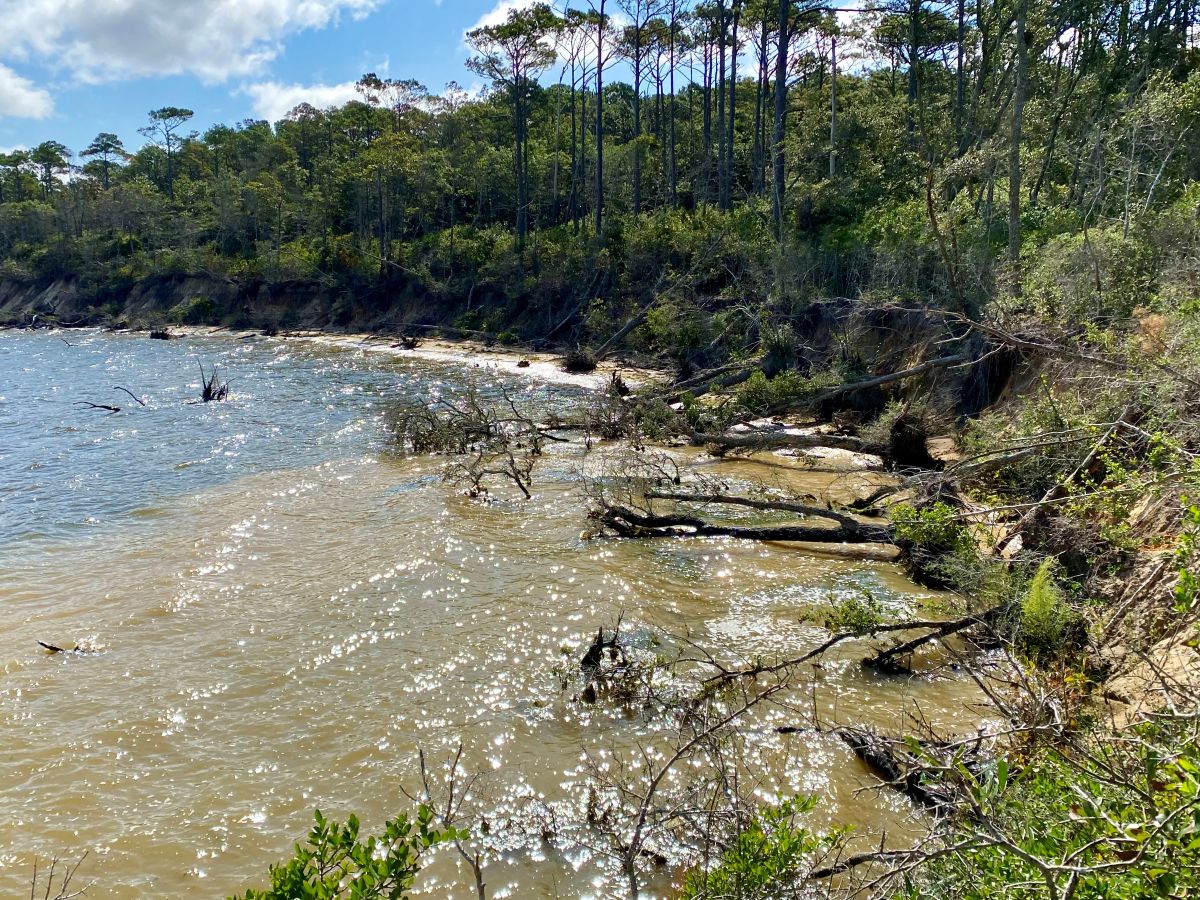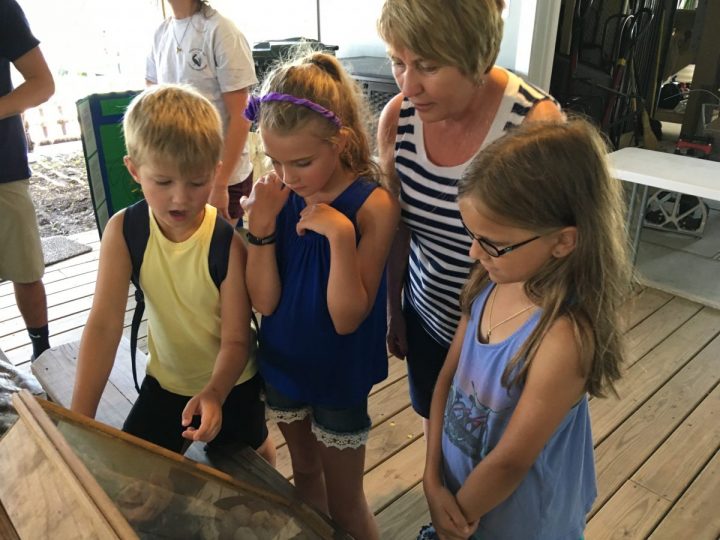
WRIGHTSVILLE BEACH — For 17 years, children from Belarus have been visiting North Carolina, staying with host families, receiving medical care and learning more about life in the coastal U.S. This year, though, marked the first time that the North Carolina Coastal Federation participated in the project and hosted earlier this summer a dozen children at a Touch Tank Tuesday event at the Wrightsville Beach office.
This outreach program is organized through the American Belarussian Relief Organization, which was founded in 1991 to help children living in areas contaminated with radiation after the disaster at the Chernobyl Nuclear Plant.
Supporter Spotlight
“Between 70 and 75 percent of the fallout fell onto Belarus,” said Yasmin Teter, a longtime ABRO organizer. Even though the nuclear accident took place in 1986, the people and ecosystems are still dealing with the residual radiation, she said.
Belarus is affected by an increase in thyroid diseases and cancers, leukemia, birth defects and vitamin deficiencies.
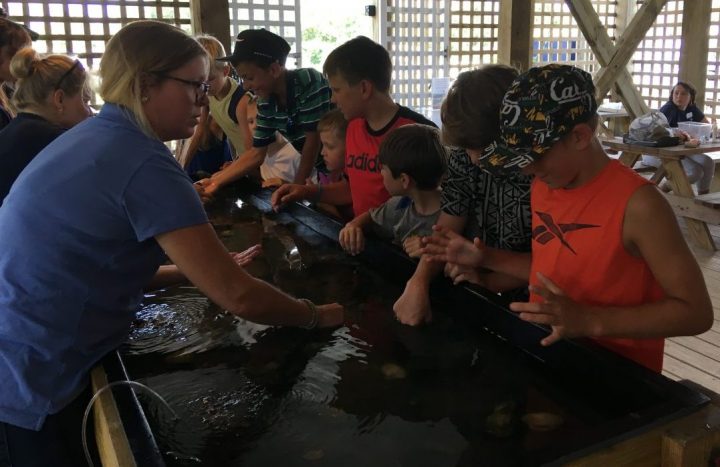
“The idea is that we can lessen the exposure these children have to this radiation,” Teter said. During their six-week stays in the U.S., they have access to clean food and medical care. “We have a number of great doctors, dentists, eye doctors who volunteer their time and offer check-ups for these kids.”
Another aspect is to provide fun and education. They attend beach nights, social events and get to participate in programs like surf camps. The children, along with their host families, also learned more about the estuarine ecosystem at the Touch Tank event. The children divided their time between events like puzzles, coloring and a Jenga-type game with animals on the blocks.
“The idea is that you can only remove so many organisms before the whole thing collapses,” said Tracy Skrabal, coastal scientist and manager at the Wrightsville Beach office.
Supporter Spotlight
There was also a station with microscopes and another with interactive tanks where children could gently touch creatures like sea urchins and fiddler crabs. Other aquariums held the less touchable animals, from juvenile fin fish such as herring and mummichog, to blue crabs and oysters.
“These plants and animals are pulled the morning before each Touch Tank event,” Skrabal said. “And then returned. We don’t want to stress them too much.”
“The sea urchins were definitely a favorite,” said Eugenia White, who worked as one of the translators at the event. It was up to her and the others on hand to act as a go-between between the federation staff and the children, most of whom don’t speak English. White would translate the staff’s instructions for gently holding the pointy animals, for example.
“And they ask questions,” she said. “Where are its eyes, what does it eat.”
While the urchins were popular, David Kozhov, a 12-year-old from Belarus, said his favorite was the blue crab. And, in general, he enjoys spending time at the beach.
“I also liked the surf camp very much,” he said.
David has been participating in the ABRO program since he was seven, but this is likely his last year, as he will age out of it. Translators weren’t always necessary, though. One boy spent a lot of time on his own at a sandbox filled with shells and other beach finds.
“He just started digging and seemed to like it,” said Chakala Hill, education specialist. “We were having fun. I showed him how to hold up a conch shell to his ear.”
Much of the success of the program depends on host families, Teter said.
“It can be hard to take on another child, to clothe and feed them. But it is such an important part of this. These host families give so much.”
ABRO is a North Carolina-based nonprofit and many of the volunteer groups are centered in this state. Others, though, are located from New York to Alabama. Since 1991, more than 5,000 children have participated in the program.
Jamie Draper is a local mother who was a host for this group. “To me, it’s a way to show my children that it’s a whole big world out there,” she said. “I hope it conveys a bit of what it means to help others.”



